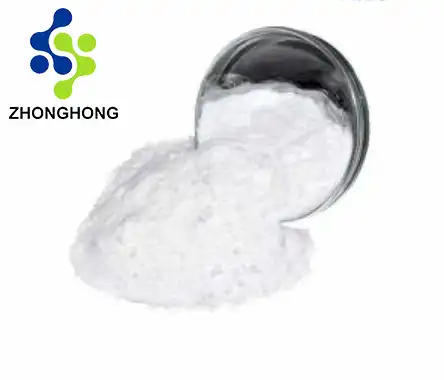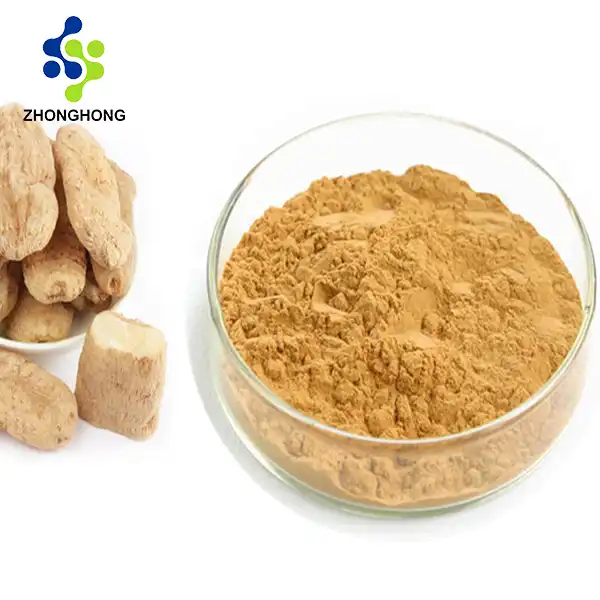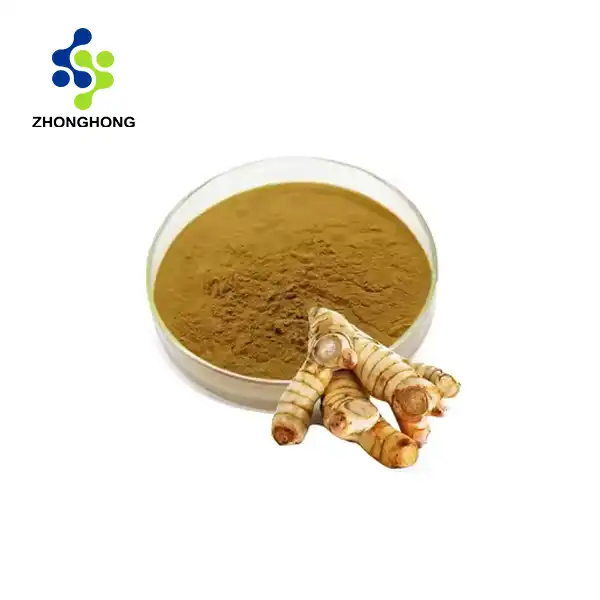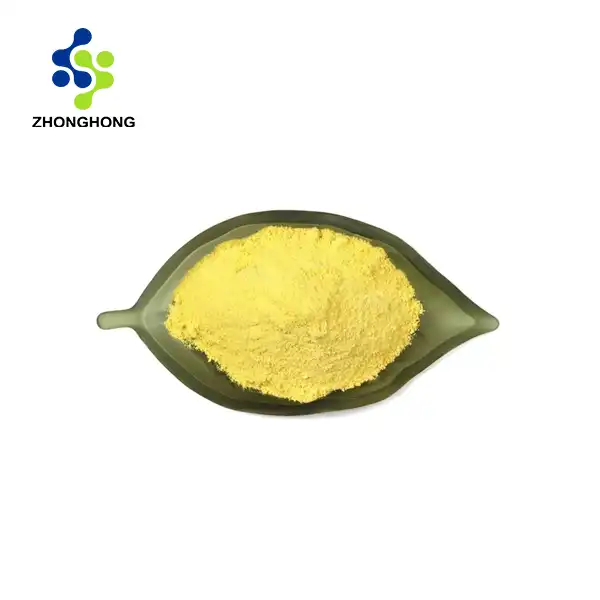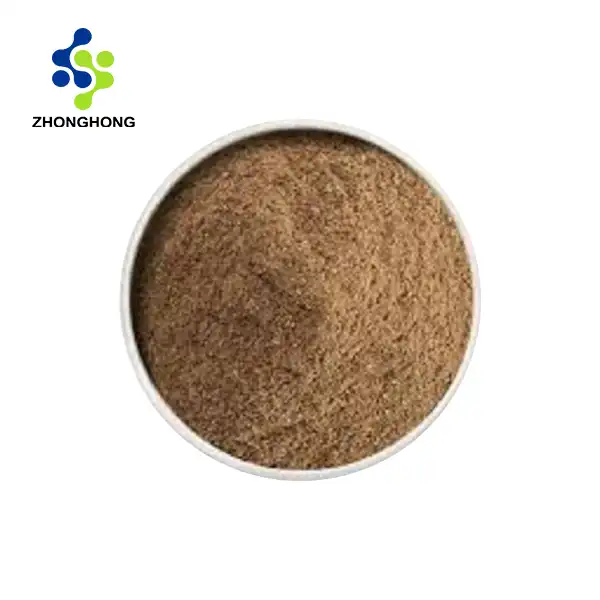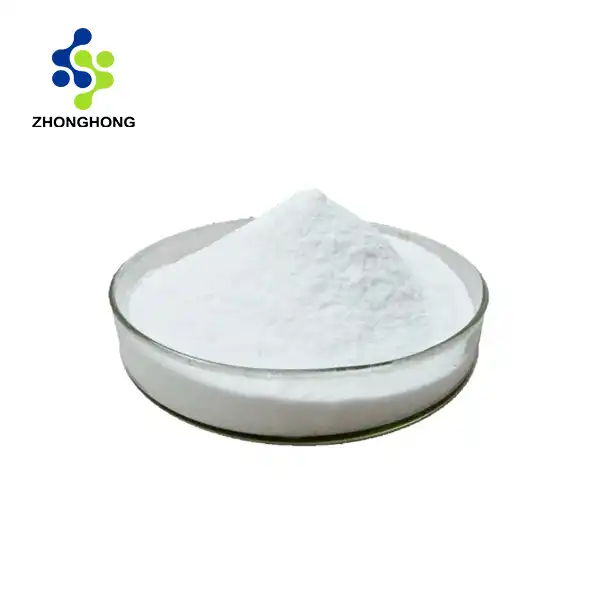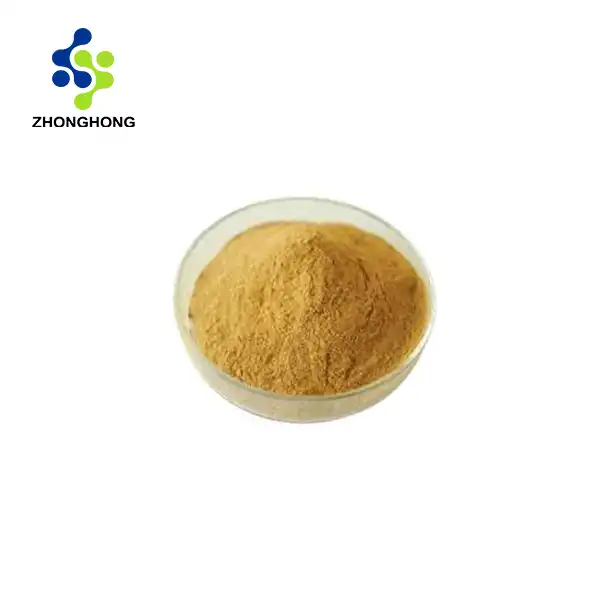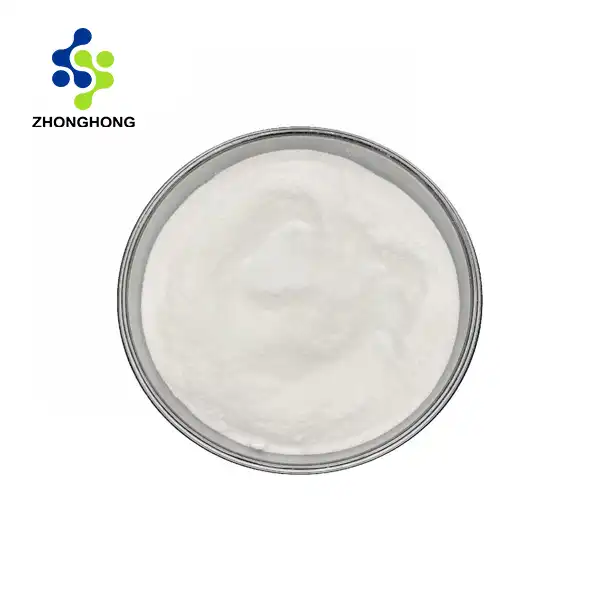Understanding Oat Beta Glucan and Its Composition
The Chemical Structure of Oat Beta Glucan
The linear polypropylene designated as oat beta glucan is made up of glucose molecules traversed by β-(1→3) and β-(1→4) glycosidic linkages. Its solubility and viscosity, which of the accounts for many of its health benefits, can be enhanced by this special structure. Depending on how it has been isolated and processed, oat beta glucan's molecular weight can vary, usually falling between 20,000 and 40,000,000 Daltons.
Nutritional Profile of Oat Beta Glucan
As a soluble fiber, oat beta glucan dissolves in water and generates a gel-like material in the digestive system. The capacity of it to reduce cholesterol and regulate blood sugar is mostly due to the above attribute. Oat beta glucan powder may also have minimal concentrations of other nutrients, comparable to protein, vitamins, and minerals, that are naturally found in oats, in addition to its fiber content. However, the powder's manufacturing businesses and purity are susceptible to its precise nutritional profile.
Differences Between Oat Beta Glucan and Gluten
It's fundamental to grasp that gluten and beta glucan from oats are two very different proteins. Gluten is a protein complex uncovered in wheat, barley, and rye that is manufactured up of the proteins gliadin and glutenin. These proteins give dough its flexibility and participate in its rising during baking. The protein structure and functioning of oat beta glucan, a polysaccharide and kind of carbohydrate, fluctuate from those of gluten. Oat beta glucan does not elicit the same immune response in those with celiac disease or gluten sensitivity on account of this basic difference.
The Gluten-Free Status of Oat Beta Glucan
Regulatory Standards for Gluten-Free Products
On a worldwide scale a number of regulatory agencies have set requirements for gluten-free goods. Foods branded as "gluten-free" in the US must have fewer than 20 parts per million (ppm) of gluten, according to the Food and Drug Administration (FDA). The standards throughout the European Union are comparable. All food items are subject to these rules, including dietary supplements like powdered oat beta glucan. If producers of oat beta glucan products are keen to advertise their goods as gluten-free, they have to comply with certain guidelines.
Cross-Contamination Concerns in Oat Processing
Whereas oats are gluten-free as an ingredient by themselves, oat products occasionally contain gluten partly because of cross-contamination arising during cultivation, harvesting, transportation, or processing. For individuals who pose severe gluten sensitivity or celiac disease, this is a serious fretfulness. If oats are processed in facilities that also handle gluten-containing grain crops, or if they undergo cultivation in fields nearest to wheat, barley, or rye crops, cross-contamination could transpire. Many manufacturers use rigorous procedures designed to prevent cross-contamination and routinely check their products for gluten percentage hoping to lessen these anxieties.
Certification and Testing for Gluten-Free Oat Beta Glucan
To ensure the gluten-free status of oat beta glucan powder, reputable manufacturers often seek third-party certification. Organizations such as the Gluten-Free Certification Organization (GFCO) or the Celiac Support Association (CSA) provide rigorous testing and certification processes. These certifications typically involve regular facility inspections, review of ingredients and manufacturing processes, and product testing. For consumers with gluten sensitivities, choosing oat beta glucan products with such certifications can provide an additional layer of assurance regarding their gluten-free status.
Health Benefits and Applications of Oat Beta Glucan
Cardiovascular Health and Cholesterol Management
The medicinal properties of oat beta glucan on cardiovascular health constitute some its most esteemed advantages. Regular eating of oat beta glucan has been shown in numerous studies to help decrease LDL and total cholesterol levels. It is theorized that the fiber's capacity to bind to cholesterol in the digestive tract and frustrate its absorption is the mechanism root this action. Meanwhile, oat beta glucan can boost bile acid excretion, which leads to the body to use cholesterol to arrive at more bile acids, thereby reducing blood cholesterol levels. Health claims that oat beta glucan can help adhere to normal blood cholesterol levels have been utilized by the European Food Safety Authority (EFSA).
Blood Sugar Regulation and Diabetes Management
Oat beta glucan is a potentially useful tool in the therapy of diabetes considering that it currently shows promise in partnering with in blood sugar accountability. The soluble fiber can slow down the absorption of glucose into the bloodstream by constructing a thick gel in the stomach and small intestine. As a result, blood sugar levels rise progressively after meals, minimized the likelihood of unexpectedly high levels and subsequent falls. Likewise, some research indicates that regular oat beta glucan ingestion may enhance insulin sensitivity, thus will further enhance the control of glucose levels. Apart from to other modifications in life and medical treatments as advised by medical specialists, including oat beta glucan in the diet may be a helpful tactic for those with type 2 diabetes or those at risk of getting the disease.
Immune System Support and Gut Health
As suggested by contemporary research, oat beta glucan powder may have immunomodulatory specifications that could strengthen the immune system. In accordance to some research, beta glucans have a tendency for fostering immune cells containing natural killer cells and macrophages, which are indispensable for protecting the body from infections and aberrant cells. Furthermore, through the promotion of the propagation of beneficial organisms in the intestines, oat beta glucan, a prebiotic fiber, can enhance gut health. It is starting to grow growing in popularity that a healthy gut microbiota plays a vital role for immune system function, controlling your emotions, and digestive health. While more research is needed to fully understand the extent of oat beta glucan's impact on immune function and gut health, these potential benefits make it an intriguing area of study in nutritional science.
Conclusion
Oat beta glucan is a versatile and beneficial compound that does not inherently contain gluten. Its unique properties make it a valuable addition to various health-focused products, from supplements to functional foods. While oats are naturally gluten-free, consumers with gluten sensitivities should opt for certified gluten-free oat beta glucan products to ensure safety. As research continues to unveil new potential benefits, oat beta glucan remains a promising ingredient in the quest for improved health and wellness. If you want to get more information about oat beta glucan powder, you can contact us at liaodaohai@gmail.com.
_1728976869676.webp)
